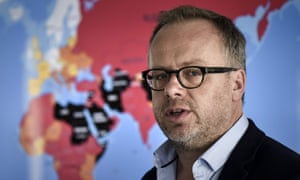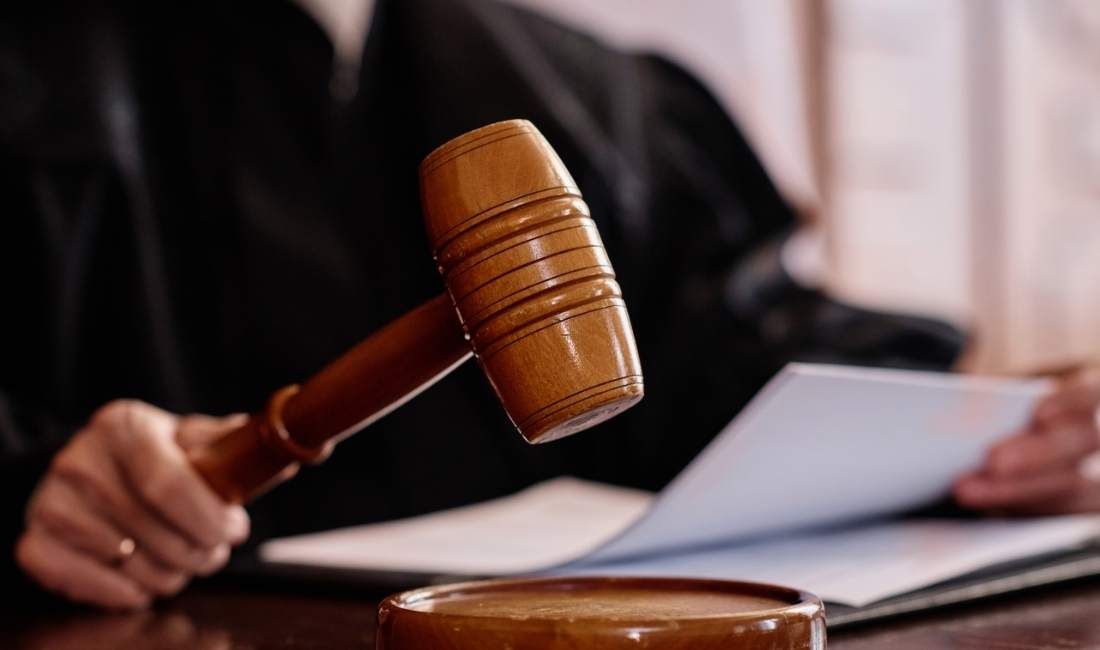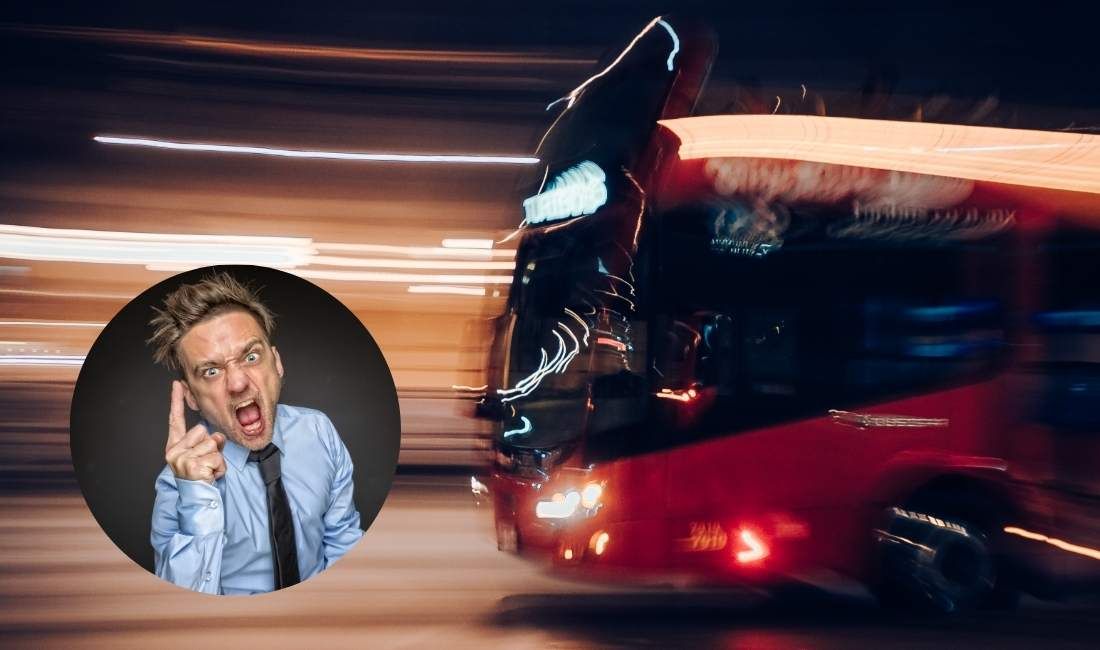UK Slips to 40th in Press Freedom

Journalists in the United Kingdom can now be said to be less free to hold power to account than their counterparts in South Africa, Chile or Lithuania, according to the latest ranking by Reporters Without Borders (RSF).
Global Index Reveals Decline
The World Press Freedom Index for 2017 sees the UK drop two places to 40th out of 180 countries. Laws permitting generalised surveillance and a proposed espionage act that could criminalise reporters and whistle-blowers were cited as key factors. Over the past five years, the UK has slipped 12 places, a trend partially masked only by a broader global deterioration in press freedom.
RSF UK bureau director Rebecca Vincent warned that without urgent action, the downward trajectory will continue, especially if the government amends the Human Rights Act or strengthens surveillance measures post-election. Read more in our internal analysis of this Downward Spiral: UK Slips to 40th Place in Press Freedom Rankings.
Investigatory Powers Act: A 'Menacing' Threat
In November, Parliament passed the Investigatory Powers Act, granting UK intelligence agencies and police unprecedented surveillance authority. RSF described it as a potential “death sentence for investigative journalism” due to its failure to protect journalists, sources and whistle-blowers. The Act’s broad definitions and sweeping powers risk setting a dangerous international precedent.
Proposed Espionage Legislation
Earlier this year, the Law Commission recommended a new espionage act, extending jail terms for whistle-blowers from two to 14 years and potentially categorising journalistic work as spying. Although Downing Street distanced itself from these proposals, experts warn they could return if the ruling party secures a stronger mandate at the next general election. “High-profile media bashing during Brexit and the Trump era has ushered in an era of post-truth and disinformation,” remarked Christophe Deloire, RSF’s secretary general.
Democracies Under Pressure
The UK’s slide contrasts sharply with the top-ranked Nordic nations: Norway, Sweden and Finland. Even so, Finland fell from first place after its prime minister attempted to pressure public broadcasters. At the bottom of the table, North Korea supplanted Eritrea; in Pyongyang, simply tuning into foreign broadcasts can invite severe sanctions.
Open Rights Group executive director Jim Killock added: “Extensive surveillance powers are threatening investigative journalism and freedom of expression in the UK. Mass surveillance chills democracy and must be addressed.”

For further reading on this topic, explore our in-depth coverage of the UK’s press freedom crisis and related developments.
workersofengland.co.uk | Independent Workers Trade Union





